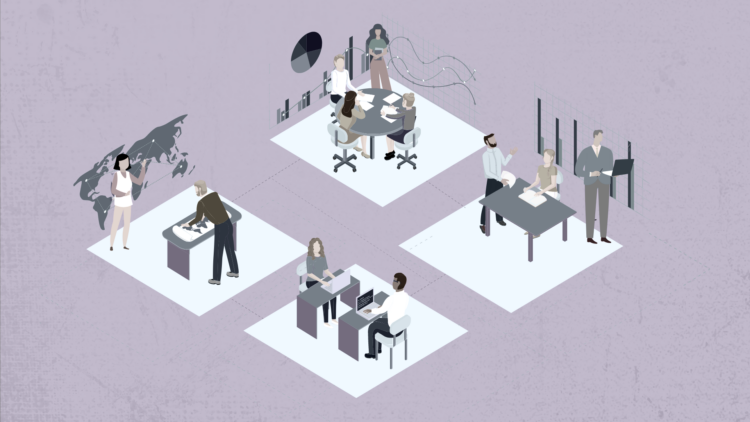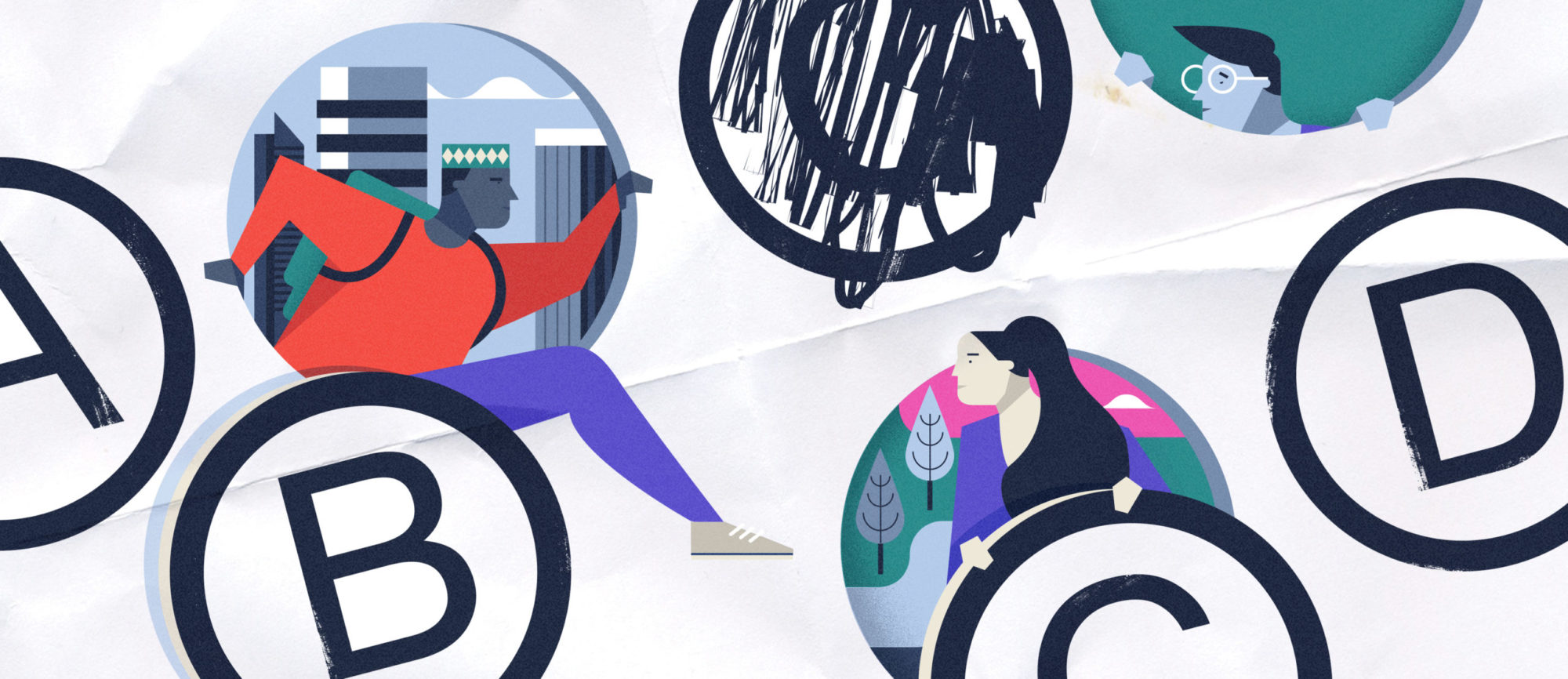A few years ago, the William T. Grant Foundation provided us with the opportunity to write a monograph that reviewed the research methods used to study the use of research evidence in policy and practice (URE). After reviewing hundreds of studies, we were struck by the creative and highly varied deployment of methodological approaches used to study URE in complex and nuanced social contexts.1
One of the details that struck us most was that while many of the protocols being used were designed for the specific context of the individual study, multiple researchers were often investigating similar patterns of problems within and across the URE space. Seeing this, we realized the need for an open, centralized resource that would help strengthen methods used in the field and enable greater collaboration among researchers using similar approaches.
In response, we have developed the URE Methods Repository, an open access platform that uses the Open Science Framework (OSF) to collect high-quality measures for researchers. We are excited to extend an invitation to the URE community to make use of and contribute to the Repository.
What is the URE Methods Repository?
The Repository is an open resource for sharing research methods used to understand and improve the use of evidence in policy and practice. Community members can explore the work of others by searching for particular researchers, research methods, questions, domains (e.g., education, health policy, youth outcomes), and contexts (e.g., policy bodies, service providers).
Often, details about a particular research method are not available in published work due to constraints in the publication process. Protocols included in the Repository Collection have much more flexibility and can include artifacts such as complete surveys, interview protocols, and interpretive coding structures. It also has the ability to integrate with GitHub and other open-source code repositories; DataVerse and other open data repositories; Zotero and other reference management services; and a number of other plugins with services that contribute to specific areas of the research process. The Repository project may even link to researchers’ own sites and other relevant methods resources.
Users can contribute to the Repository either by submitting their own protocols or by adapting the work of others for their own research needs. It is designed to ensure that the lineage of any adapted work is preserved and that the contributions of researchers are recognized. For example, consider the common practice of adapting a survey that you co-developed and validated with a colleague and then each applied with some minor item modifications in two different study contexts: Through the Repository, the platform preserves the links between the original validation study and any future applications. All protocols are owned and controlled by the researchers themselves and can always be modified and updated as needed.
Who can use the URE Methods Repository?
We envision the Repository being useful for researchers within and interested in the URE field, funders who are interested in evaluating the work they have supported, and practitioners who may be personally interested in the application of research in their field. At the same time, people in many different positions may simply want to explore the work of researchers who study URE. For example, they may want to see how people studying URE in different fields have developed research methods. Or they may want to learn more about the application of particular methods that they have not yet pursued in their own work. As all Repository projects are open access, there are no pay walls or complicated institutional hoops to jump through for non-researchers to gain access.
URE researchers can also share research and methods at different stages of development. For published work, researchers can provide more detail about methods than might be possible within the length and appendix constraints of other formats. They may also tie together a particular methods approach across multiple publications, highlighting the development of the research and the methods and how they apply it in different contexts.
For research efforts that are in progress, an OSF project is highly collaborative and easily supports the iterative research process. As the platform integrates with many other services, it can be a useful dashboard for an overall study and can be used to seek comments and feedback from collaborators, other colleagues, practitioners, or funders as their work develops.
What resources and tools are available for users of the Repository?
In addition to developing the Repository itself, we have launched a companion site that we created to provide a number of supports for its use. The site offers information and guidance in the form of written materials, video tutorials, and resources related to URE research methods for researchers looking to build protocols. Another prominent support found here is a library of templates intended to provide structured but flexible guidance for designing one’s protocol for inclusion in the Repository. The templates each highlight key features of particular methods used to study URE (e.g., survey, interview, case study, document analysis, etc.) and provide an organizational framework that includes fields representing common features of a method’s description.
Another available tool on the site is an importer plugin that can take a Microsoft Word document or Google document detailing a given protocol and automatically format its contents into an existing OSF project. Using this, even researchers who are new to OSF’s platform can easily develop a protocol by downloading one of the aforementioned structure templates, filling out all relevant fields, and importing the finished product into OSF wikis in a user-friendly, streamlined process.
An invitation to participate
Again, we invite you to visit the Repository and companion site. If you are interested in contributing to the Collection by submitting or adapting a protocol, please feel free to start today. Our Team is available to provide any assistance we can to make this work as simple as possible, and we welcome your feedback and questions on any aspect of the Repository. You can contact us at uremethods [at] gmail.com.















